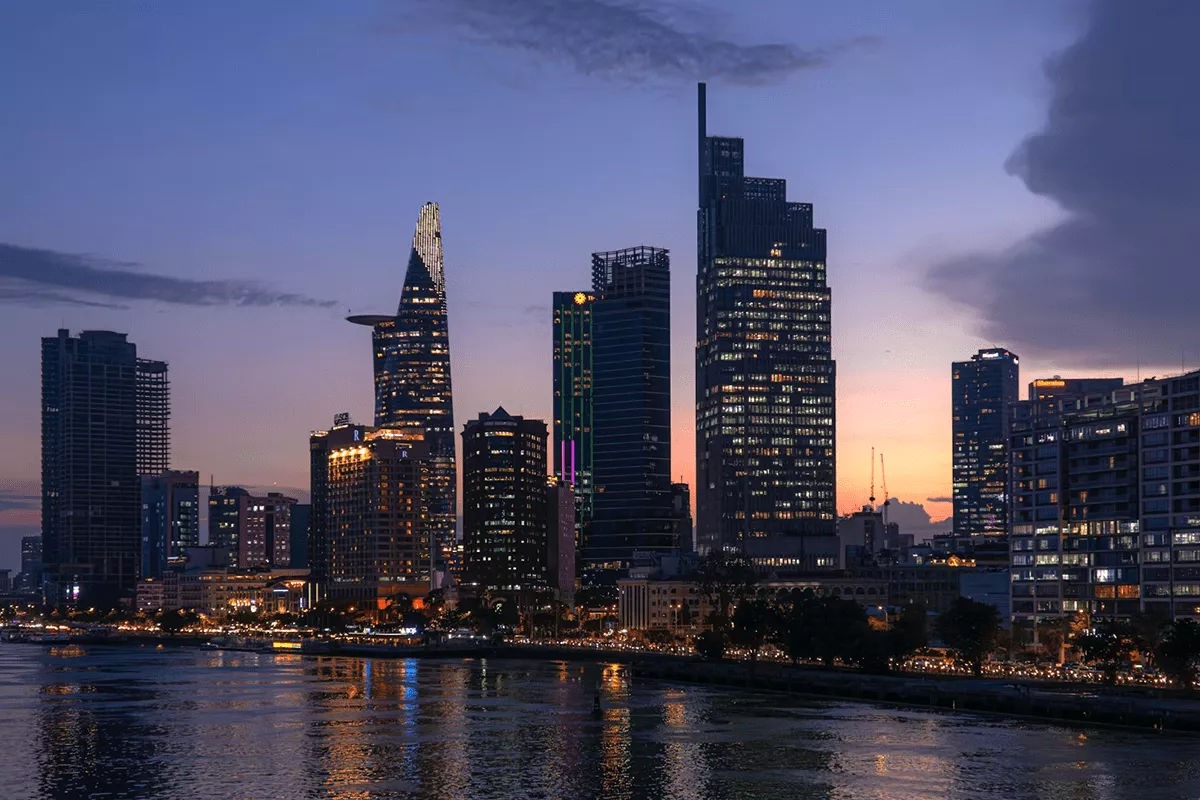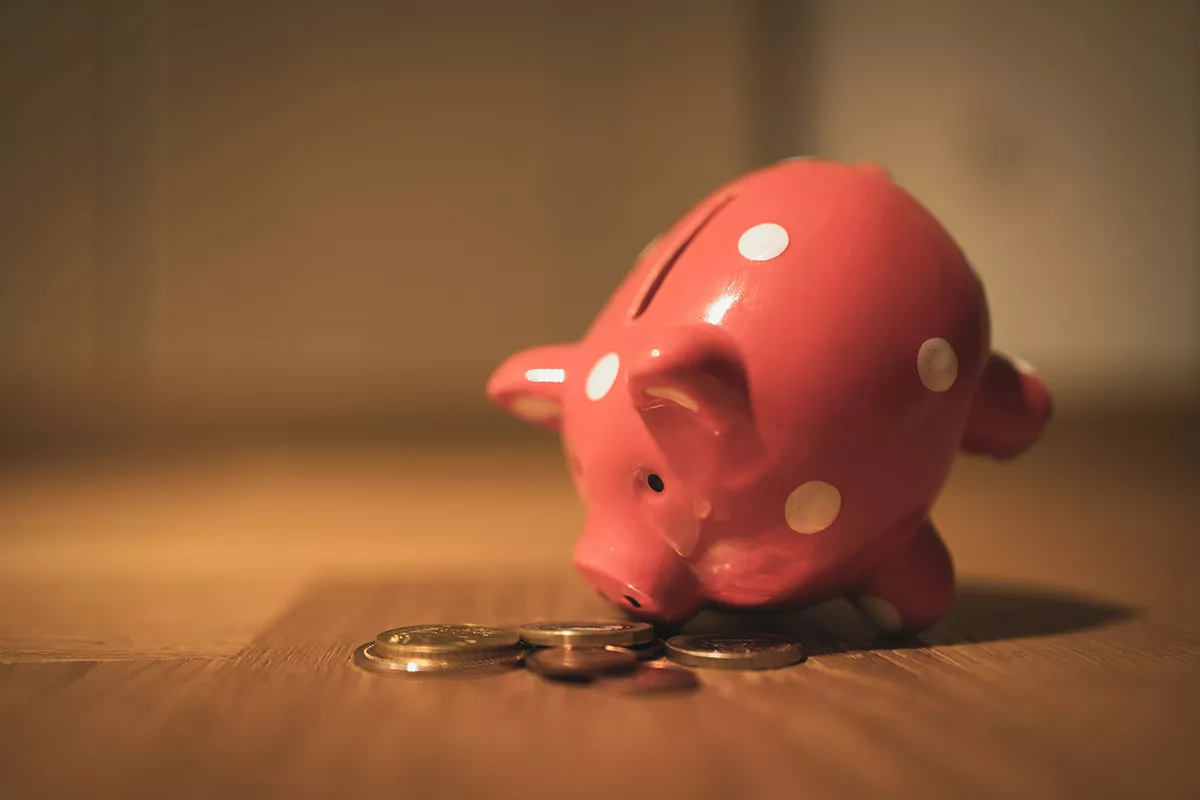If you are an entrepreneur who is in the planning stages of a promising start-up, you need to know some things about intellectual property (IP)— what it is, how it can be applied to your start-up, and how it can protect you and your business.
Table of Contents
ToggleWhat is IP?
According to World Intellectual Property Organization (WIPO), IP refers to the creations of mind, such as inventions, literary and artistic works, designs and symbols, and names and images used in commerce.
These creations are protected by law, specifically the Republic Act No. 8293, which is also known as the Intellectual Property Code of the Philippines.
If you have an original idea for your start-up and you like to protect this from IP theft, you can apply for the following kinds of IP:
1. Copyright
This IP covers all forms of literary, scholarly, scientific, and artistic creations, including literary and derivative works. This type is the easiest IP to protect because it is obtained at the time of creation.
Once your work is copyrighted, it covers the author’s lifetime and extends up to fifty years after his death.
2. Patent
A patent is an exclusive right granted for an invention, whether a product or process, that provides a new way of doing something or provides a new solution to a problem.
A patent is a grant issued by the government through Intellection Property Office of the Philippines. To obtain a patent, technical information about the invention must be disclosed to the public through a patent application. It has a term of protection of twenty years, which provides an inventor significant commercial gain.
Patents are territorial rights. In general, exclusive rights are applicable only to the country in which a patent has been filed and granted.
3. Trademark
Trademarks are words, symbols, or designs that identify a person or entity as the source of a product or service. This type usually covers company names, logos, or taglines/slogans.
You can have your company name, logo, or slogan protected by applying for a trademark registration. At the international level, you can file a trademark application at the trademark office of each country where you seek protection, or you can use WIPO’s Madrid System. You can check the database of trademark information from the Intellectual Property of the Philippines here.
Trademark registrations vary; however, they are usually valid approximately for ten years and are renewable upon payment of additional fees.
Who owns the IP when it is created?
An IP right depends on the employer–employee agreement. If the inventor is an employee who created an invention in his/her employer’s business place through the latter’s tools and equipment, the employer has the right to require the employee to hand over the patent rights to the employer.
However, when the inventor is an independent contractor, the business owner should specify this in the contract with the independent contractor. This situation is especially true when it comes to freelance work in designing logos or advertising slogans. Without a written agreement, a freelance designer/contractor would own the rights to anything he/she has made for the client (copyright).
When it comes to trademarks, the person or entity owns the trademark rights while selling a product or service; they can only be protected when used commercially.
How do you apply for IP rights?
Check out the website of Intellectual Property Office of the Philippines. You can also file for IP rights online.
Getting IP rights for your product, service, or brand will protect it from infringement or illegal reproduction and will allow you to have a strong legal claim in cases of theft.
Danella Yaptinchay is the managing director of Full Suite, a service company providing back end support to small businesses. She is a cofounder of Co.lab, a coworking space, and of the media company Homegrown. In constant pursuit of balance and self-development, she tries to apply the practices of yoga to her daily life.





